
FORMAL AND INFORMAL AND NON-FORMAL EDUCATION COMPARED
by Dr. Andrew Corbett, B.A. (Biblical Studies), D. Min. 14th December 2022
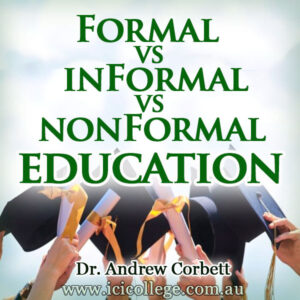 Before the Industrial Age, education involved learning. After the Industrial Age, education became more about training, then supervising and caring for students so that their parents could work. As many home-schoolers could tell you, an average academic day can easily be accomplished in about three hours, but, as Sociology Professor, Alex Thio points out, most formal schools have their primary and secondary school students for around six hours a day. The extra three hours are filled in with sports, excursions, and entertainment. The majority environment of this formal education is the classroom, where students sit while the teacher teaches. Some students flourish in this formal schooling environment, but many do not. But for those who struggle/d with formal education, there are other ways to be educated that may be more suitable. These alternatives include – informal and non-formal.
Before the Industrial Age, education involved learning. After the Industrial Age, education became more about training, then supervising and caring for students so that their parents could work. As many home-schoolers could tell you, an average academic day can easily be accomplished in about three hours, but, as Sociology Professor, Alex Thio points out, most formal schools have their primary and secondary school students for around six hours a day. The extra three hours are filled in with sports, excursions, and entertainment. The majority environment of this formal education is the classroom, where students sit while the teacher teaches. Some students flourish in this formal schooling environment, but many do not. But for those who struggle/d with formal education, there are other ways to be educated that may be more suitable. These alternatives include – informal and non-formal.
INFORMAL EDUCATION
While formal education has come to be considered traditional education, it actually isn’t. A more traditional form of education is the informal approach. Formal education involves a school with a building (housing classrooms where teachers instruct students) an administration facility, all surrounded by grounds that require upkeep by a groundsman. The students attending these schools must attend classes when they are being run, and they must each complete the same assessment process. Informal education, on the other hand, is not dependent upon buildings, classes, or the immediate presence of a teacher. In informal education the focus is on learning rather than schooling. Students enrol in courses or programs. A student’s learning takes place at a time convenient to him or her. The delivery of the teaching they receive is always ready when they are. This teaching can be supplement by live support if he or she would like it. The student is able to work through the material at his or her pace, and their progress is monitored by their educational mentor. Assessment is not limited to an exam, but also other measures of evaluation. This method of education is so effective that some formal schools have adapted their delivery of education into more of a hybrid system which incorporates many of these informal aspects.
One of the great champions of informal learning in the twentieth and early twenty-first centuries was Professor Mortimer J. Adler. He believed that if students were taught to read well, they could learn just about anything. In fact, he believed that the public library was the greatest repository of wealth in any town or city because within its walls lay the wisdom of the ages and the latest scientific discoveries. So concerned was Mortimer Adler that young people did not really know how to develop their reading skills that he wrote an international best-selling book, How To Read a Book. Within this book he lists the 500 greatest books of all time that everyone should read. I’d be curious to know how many of the great books you have already read? (Leave your answer in the comments section below.)
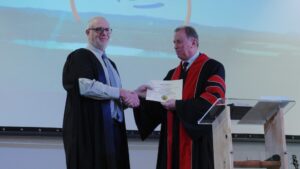
Dr Andrew Corbett, President of ICI College Australia, graduating Pastor Tony Boyle with a Bachelor of Bible and Theology from Global University.
ICI College Australia (and Global University USA whom we represent and administer their courses) is an informal learning institution. Informal learning does not mean non-accredited or not-recognised, far from it! ICI College Australia and Global University awards are internationally accredited and recognised certificates, diplomas, associate degrees, bachelor degrees, masters degrees, and doctoral degrees. But our college is not for those who desire the formal classroom or the more formal structures that come with it, including their exorbitant fees. Our college is for those who a hunger to learn and a desire to grow in knowledge, wisdom, and character. Our courses are designed to not only help you to learn but to also learn how to learn. For those students who are either in bi-vocational ministry or aspire to be in vocational ministry our courses also train you to do what is, and will be, absolutely necessary in Christian leadership and ministry: manage your time and priorities. Being a life-long learner demands that you become a self-disciplined learner with an ability to transmit what you have learned and an ability to translate this into your ministry. But there actually is one more means of education that is way older than either formal or informal and therefore rightly deserves the description of the most traditional.
NON-FORMAL EDUCATION

It is estimated by some that 70% of what we learn in life will come from conversations with another person – often in very non-formal settings such as taking a walk together.
Ask any graduate from any school at any level and they will all tell you the same thing. Most people learn more after they left school than they did while attending school. It is estimated that 70% of what we will learn will come from conversations with someone. Often times when we want to learn something, we will ask someone who knows the answer. This is why parents (mum and dad) play such an immeasurable role in the educational development of their children. It’s also why it’s important to develop a network of knowledgable friends. These KF’s may just tell you the answer or actually tell you where you can discover the answer—and it will often be by reading the right book!
If you struggled with formal education, you are not alone (especially if you are a male). If you have been struggling with informal education, maybe you had not recognised the invisible training that it was inviting you to undertake by learning how to manage your time and re-order your priorities in preparation for the necessity becoming more effective in your ministry. Maybe it is time to consider to commit to becoming a lifelong learner and this may well involve setting a 12 month goal of study achievements. Who knows? You just might learn something helpful that you didn’t expect to learn! And better yet, you might—and probably will—also discover that you have improved your informal ability for learning how to learn.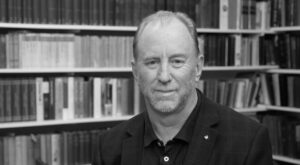
Dr. Andrew Corbett
President of ICI College Australia

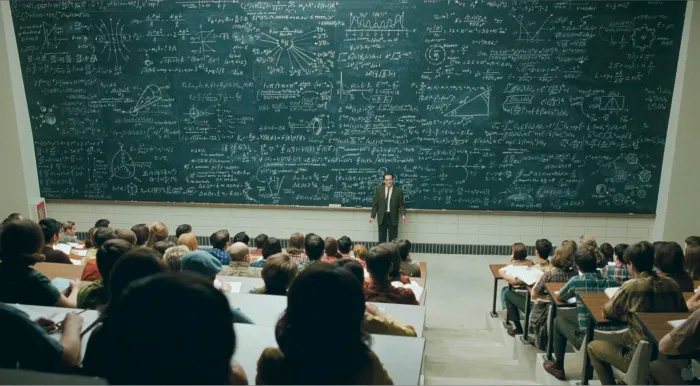
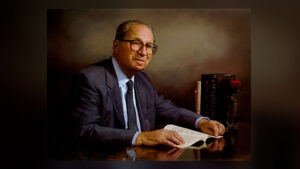

Great news here! I’m excited to see some parallels of insights of EDU4133 which I have just recently completed. Concerning the greatest books I have read, may I single out 3 from the many I have read.
1. Encyclopedia Britanicca 1961 copyright by Chicago University.I read it for about three years repeatedly after my high school. It really opened me to the world.
2. A text book of electrical technology(BL Theraja; over 2700 pages) two years before joining a diploma in electrical engineering. I did self directed reading and I was able to solve majority of the problems, if not all, and mark for my self. At the end of all this preparation I felt called to be a pastor not an engineer.
3. How to read a book by Moltimer Jerome Adler and Charles Van Doren. When I noted that I will enroll Global university and by then it was requirement for the first course, I read it severally analytically. To be genuine I read it out of fear of failing because it was my first time to learn with an international school.